views
One day after initially claiming that Ukraine was responsible for the alleged drone attack on President Vladimir Putin, a spokesman for Putin now asserts that the attack was carried out with the support of Washington. The Kremlin has accused the US of aiding and abetting the attackers, but American officials have denied any involvement in the incident.
In response to the Kremlin's allegations that the US was involved in the drone attack on President Putin, US National Security spokesman John Kirby dismissed the claim as "ludicrous". Kirby stated that the accusation was unfounded and denied any US involvement in the incident.
Ukraine has denied any involvement in the alleged drone attack on the Kremlin, stating that it had nothing to do with the incident. President Putin was not present in the building at the time of the purported attack.
Following the alleged drone attack on the Kremlin, Ukraine has accused Moscow of staging the incident in an effort to escalate the ongoing conflict between the two nations. Ukrainian officials have suggested that the Kremlin may have fabricated the attack as a pretext for further military action against Ukraine.
Despite reports of ongoing Russian attacks resulting in casualties, including 21 deaths in the Kherson region on Wednesday, there has been no visible escalation from Moscow thus far. However, on Sunday evening, a drone was reportedly shot down near the Ukrainian presidential office in Kyiv. The incident suggests a continued level of tension between the two countries, although it remains unclear who was responsible for the drone.
- Kremlin drone attack highly embarrassing for Moscow
- What do we know about drone attacks in Russia?
According to a spokesman for President Putin, the alleged attack on the Kremlin - a significant government complex in central Moscow - took place early on Wednesday. Social media footage shows smoke rising from the site, while a second video appears to show a small explosion above the Senate building, with two individuals seen climbing up the dome. The incident has raised concerns about security at one of Russia's most important government facilities.
The day after the alleged attack on the Kremlin, Kremlin spokesman Dmitry Peskov accused the US of being "undoubtedly" behind the incident, despite a lack of evidence. Peskov's statement has further escalated tensions between Russia and the US, as American officials continue to deny any involvement in the attack.
According to Kremlin spokesman Dmitry Peskov, decisions regarding the alleged attack on the Kremlin are not made in Kyiv but in Washington. Peskov's statement suggests that the Kremlin believes the US was involved in the incident, although American officials have denied any involvement. The accusations have added further complexity to an already strained relationship between Russia and the US.
Responding to Peskov's accusations that the US was behind the alleged attack on the Kremlin, US National Security spokesman John Kirby dismissed the claims as a lie. Kirby stated that Peskov's allegations were baseless and denied any US involvement in the incident. The heated exchange between the two nations highlights the ongoing tensions between Russia and the US.
The US has denied any involvement in the alleged drone attack on the Kremlin, with National Security spokesman John Kirby stating that the US had "nothing to do with it". Kirby emphasized that American officials were still uncertain about what had occurred during the incident, but assured that the US played no role in it. The denial by the US is consistent with earlier statements that rejected the Kremlin's accusations of US involvement.
In response to the Kremlin's accusations that the US was involved in the alleged drone attack on the Kremlin, a US official denied any support for Ukrainian military action outside its borders. The official also stated that the US did not endorse attacks on individual leaders. These comments were made in an effort to dispel suggestions that the US played a role in the incident, which has led to increased tensions between Russia and Ukraine.
Ukraine has rejected accusations by Russia that it was responsible for the alleged drone attack on the Kremlin. Ukrainian officials have instead claimed that the incident was a false flag operation by Moscow, aimed at escalating the conflict between the two nations. The competing narratives by Russia and Ukraine have highlighted the deep-seated distrust between the neighboring countries, and have further complicated efforts to reduce tensions in the region.
Some analysts have questioned Russia's motivation for allegedly staging an attack on the Kremlin, arguing that it would not be in Moscow's interest to make the Kremlin look vulnerable. These experts point out that the Russian government has historically sought to project an image of strength and stability, and that an attack on the seat of power could undermine this narrative. However, the Kremlin has rejected allegations that the attack was staged, and continues to blame Ukraine and the US for the incident.

Russian officials' recent accusations of US involvement in the alleged drone attack on the Kremlin coincided with Ukrainian President Volodymyr Zelensky's visit to the International Criminal Court (ICC) in The Hague, Netherlands. During his visit, Zelensky addressed the court's investigation into war crimes committed during the conflict in eastern Ukraine. The timing of the Kremlin's allegations has raised questions about whether they were intended to distract from Zelensky's appearance at the ICC. Nonetheless, Ukrainian officials have rejected the Kremlin's claims, emphasizing that they were baseless and unfounded.
Following his address at the International Criminal Court (ICC) in The Hague, Ukrainian President Volodymyr Zelensky called for the establishment of a special tribunal to hold Russia accountable for what he described as "crimes of aggression". Zelensky's comments come amid ongoing tensions between Ukraine and Russia, and reflect the Ukrainian government's efforts to seek international support in its conflict with Moscow. The proposal for a special tribunal is likely to face significant opposition from Russia, which has consistently denied any involvement in the conflict and has rejected international efforts to hold it accountable.
During his speech at the International Criminal Court (ICC) in The Hague, Ukrainian President Volodymyr Zelensky accused Russian President Vladimir Putin of "criminal actions" and called for him to be held accountable under international law. Zelensky's remarks were part of a broader call for justice for the victims of the conflict in eastern Ukraine, which has been ongoing since 2014. The Ukrainian government has long accused Russia of providing military support to separatist groups in the region, a charge that Moscow denies. Despite international efforts to resolve the conflict, tensions between Ukraine and Russia remain high, and the situation on the ground continues to be volatile.
During his address at the International Criminal Court (ICC) in The Hague, Ukrainian President Volodymyr Zelensky accused Russia of committing a range of war crimes, including millions of strikes in the Donbas region in eastern Ukraine and the killing of civilians during the occupation of Bucha, a town near the capital Kyiv, at the start of the Russian invasion last year. Zelensky's speech was part of a broader effort to draw international attention to the ongoing conflict in eastern Ukraine, which has claimed thousands of lives since 2014. The Ukrainian government has repeatedly accused Russia of providing military support to separatist groups in the region, a charge that Moscow denies. Despite numerous ceasefire agreements, the situation on the ground remains volatile, with periodic outbreaks of violence and no clear path towards a peaceful resolution of the conflict.
The International Criminal Court (ICC) has issued an arrest warrant for Russian President Vladimir Putin, accusing him of war crimes committed during the ongoing conflict in Ukraine. The charges include the alleged unlawful deportation of children from Ukraine to Russia. However, the ICC has no mandate to prosecute the crime of aggression, meaning that it cannot charge Putin for Russia's role in initiating the conflict. The arrest warrant has been criticized by Russia, which has described it as politically motivated and lacking in legal basis. The Ukrainian government, on the other hand, has welcomed the move, saying it represents an important step towards accountability for the crimes committed during the conflict. However, it remains unclear how the ICC's decision will be enforced, given Russia's refusal to recognize the court's jurisdiction.










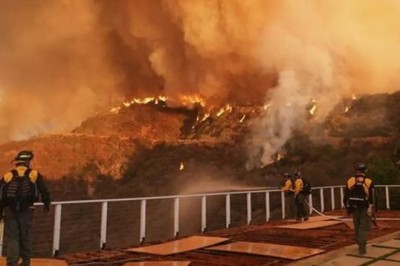
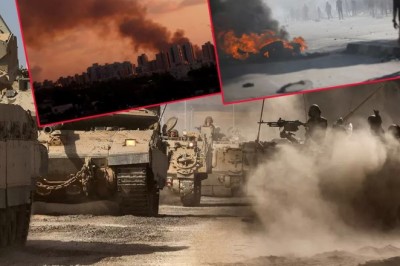
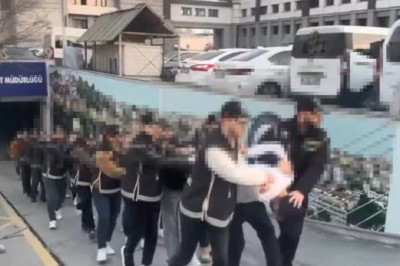
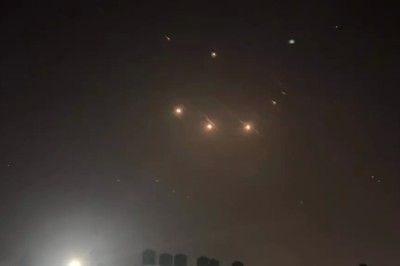
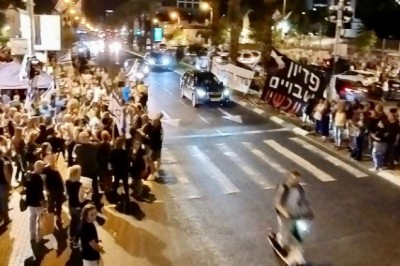
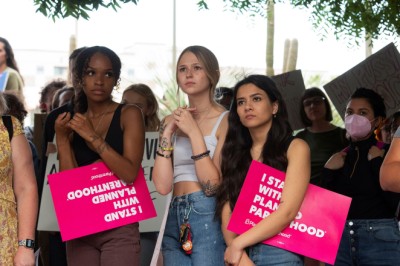
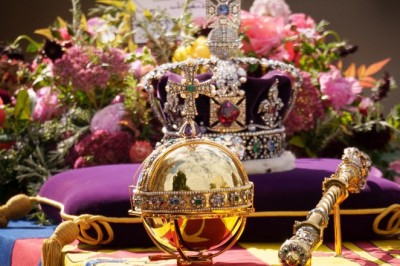
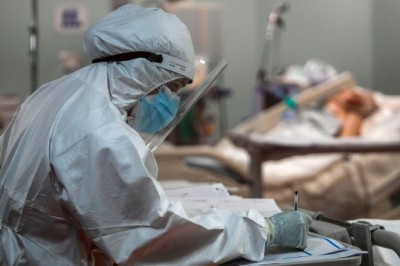
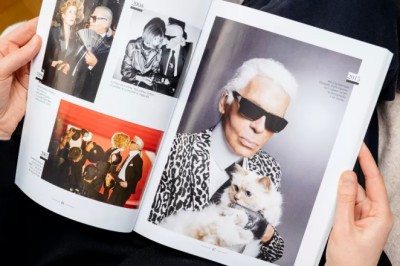
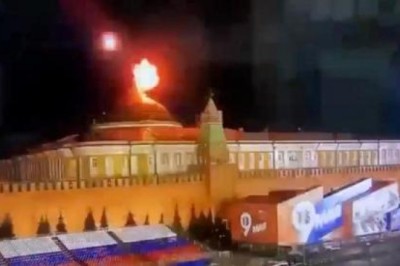
Comments
0 comment